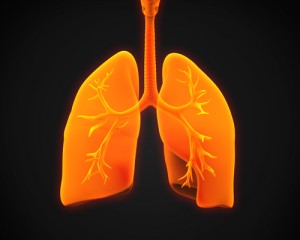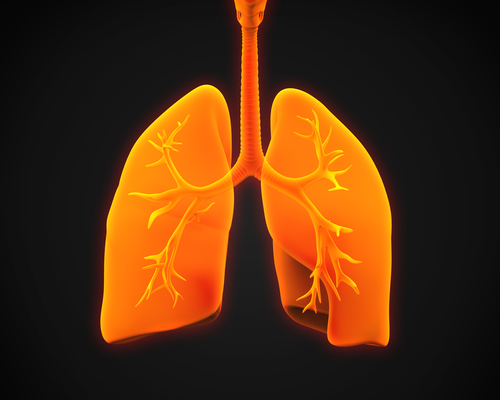 Insmed Incorporated‘s novel inhalation technologies for the treatment of orphan pulmonary diseases will be presented to the medical community at the European Respiratory Society’s International Congress 2014, which will take place from September 6th to 10th at the International Congress Center München in Munich, Germany.
Insmed Incorporated‘s novel inhalation technologies for the treatment of orphan pulmonary diseases will be presented to the medical community at the European Respiratory Society’s International Congress 2014, which will take place from September 6th to 10th at the International Congress Center München in Munich, Germany.
Orphan diseases are those which are not widely researched, and which consequently don’t have specific treatments available. The European Lung Foundation points primary ciliary dyskinesia, multiple cystic lung diseases and idiopathic eosinophilic pneumonias as examples of orphan pulmonary diseases.
Insmed’s lead product Arikayce will be the main focus of the company during the presentations. Used for the treatment of rare lung infections in patients who have limited alternatives, Arikayce is an inhaled antibiotic that delivers a potent anti-infective directly to the site of serious lung infectious. It is an effective, safe and convenient treatment for both nontuberculous mycobacteria lung infections and pseudomonas aeruginosa in cystic fibrosis patients.
The New Jersey-based company will also present several posters regarding INS-1009, its novel inhalation formulation of a proven prostacyclin for the treatment of pulmonary arterial hypertension (PAH). This new formulation, which should be delivered once a day via inhalation, addresses current limitations of inhaled prostacyclin therapies for the treatment of PAH, ultimately being expected to reduce the acute systemic effects of current treatment options.
According to Walter Perkins, chief technology officer of Insmed, INS-1009 could increase the duration of such treatments’ effect, as well as provide greater consistency in the reduction of pulmonary arterial pressure. Ultimately, he said in a press release, this may reduce the acute impact of drug treatment on heart rate, blood pressure and the severity and/or frequency of cough.
In addition, reducing the dose frequency from up to nine times per day to only once a day “would ease patient burden and may positively impact compliance,” he added.

